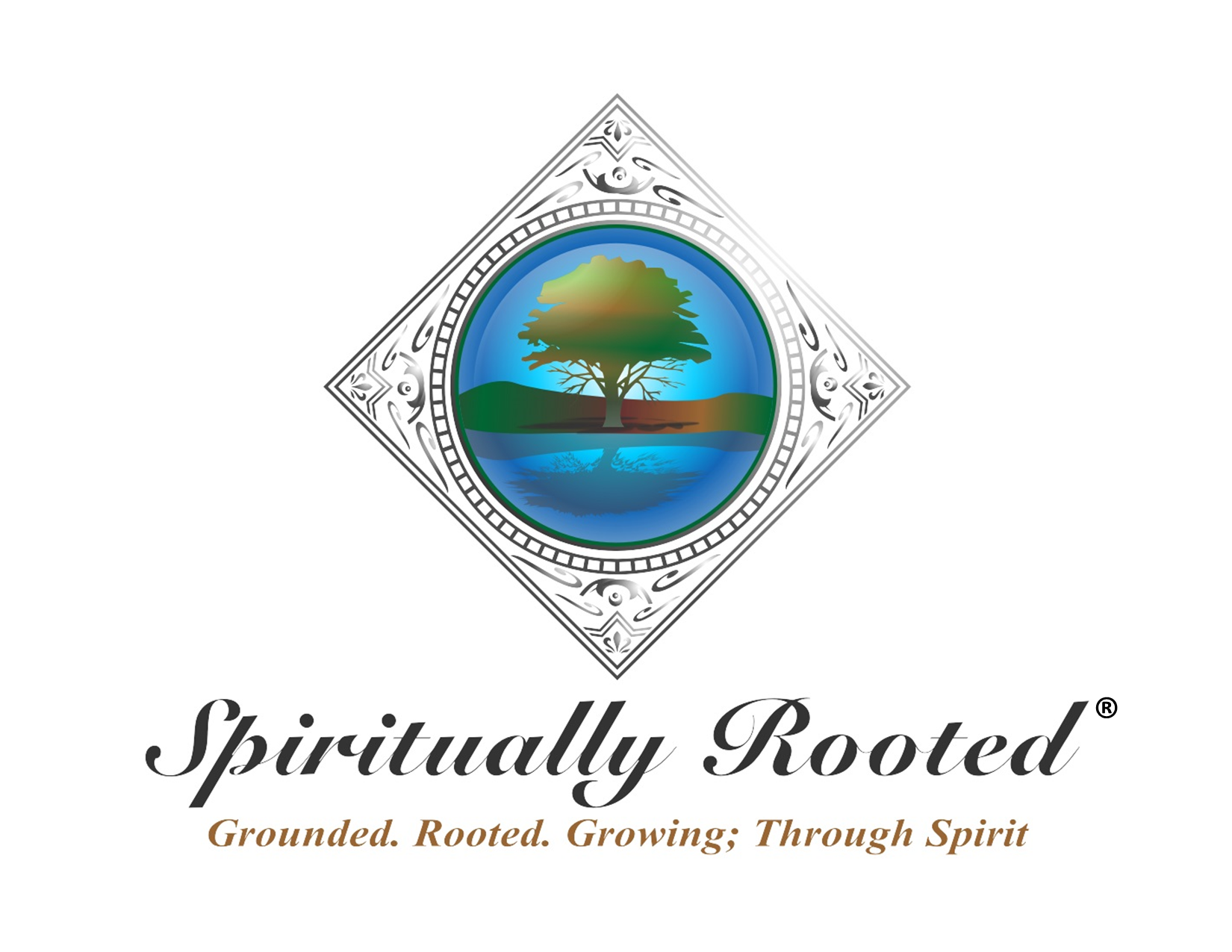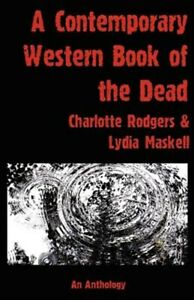Contemp Western Book of the Dea
Contemp Western Book of the Dea is backordered and will ship as soon as it is back in stock.
Couldn't load pickup availability
Description
Description
Within this book are rituals, stories, traditions and experiences of magicians' scholars and artists who work with death. Some of the contributors such as Nema, Mogg Morgan, Louis Martine and Nevill Drury (to name but a few) have helped define contemporary transformative spirituality. Others are less well known but just as learned. As there should be in such a collection there is comedy, anger, confrontation and practicality. This anthology is about who we are, and where we come from. It is also about how we change. A Contemporary Western Book of the Dead contains voices and visions that acknowledge our past, feed our present and guide the direction of our future. "I was musing on Singapore in all its affluent glory still having shrines for the dead on every street corner during 'The Festival of the Hungry Ghosts'. Then I was musing on how the socially mobile of modern western society eschew death rites and grieving in the name of 'holding it together' and being progressive. I thought of which civilisations are falling and which are rising again, and wondered whether acknowledging death and the ancestors is a vital part of maintaining personal identity and our place in society. I remember how my grieving father mourned for all the information he had relied on his deceased wife remembering; information which was now lost. I recalled Michael Crichton's words 'If you don't know (your family's) history, then you don't know anything. You are a leaf that doesn't know it is part of a tree.' Then I thought maybe someone should write about the cults of the ancestors and death, perhaps an anthology, perhaps cross relate experiences of loss to personal spirituality and magick and history. I know that years of working with the dead in the name of art and spirituality, didn't prepare me for the death of my mother. What helped me was the advice of someone from a long tradition of working with the ancestors. I think that collecting the experiences of spiritual practitioners in their working with grief and death is part of a living and necessary tradition that will give respect to the dead and strength, identity and support to our own personal spirituality.'



